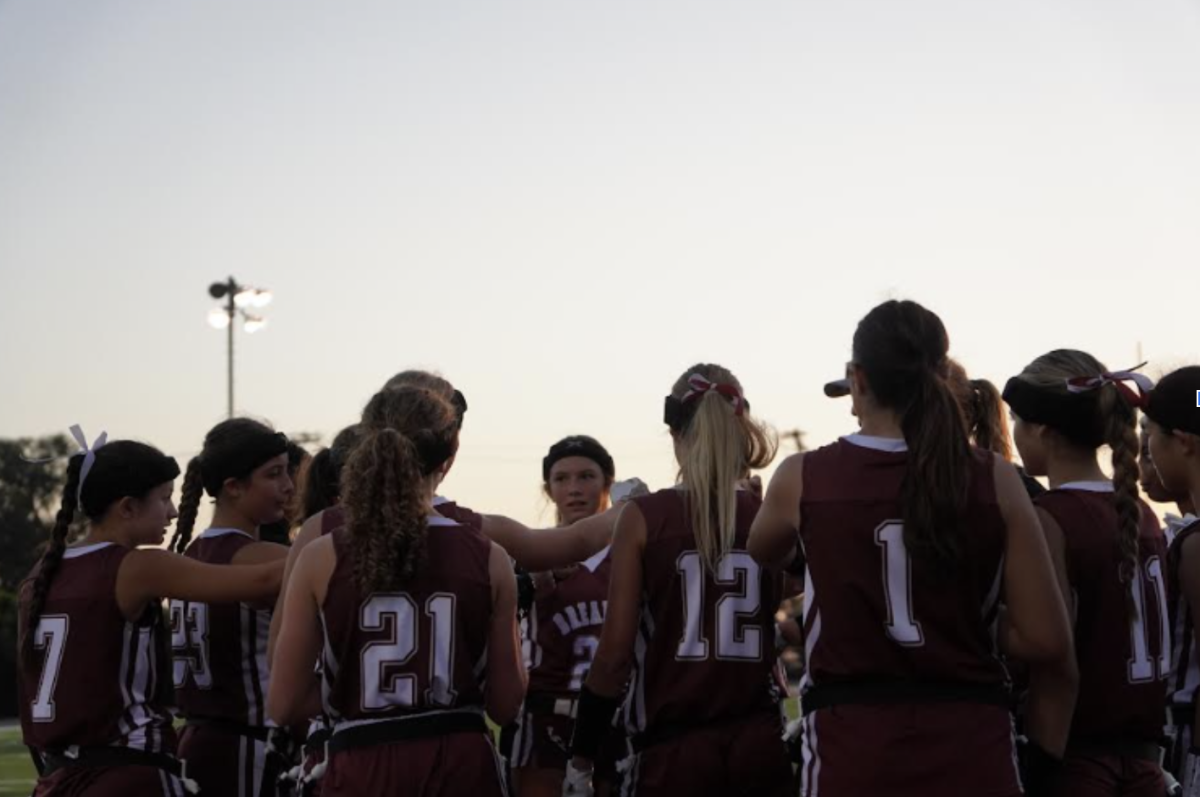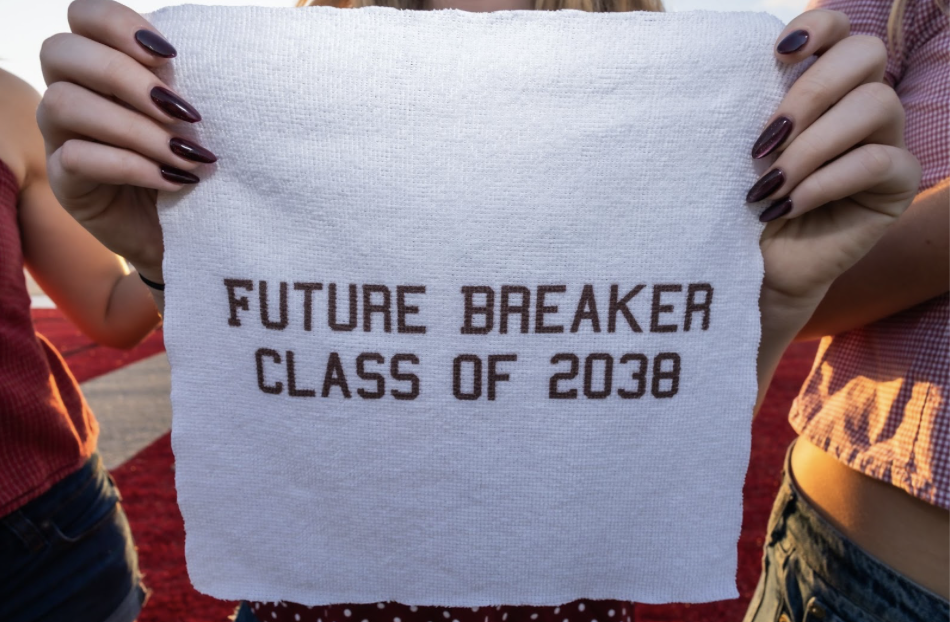Would you have thought that climate change and the climate disaster events that result from it would affect women in impoverished countries more than men? Statistics show that when climate disasters occur in third-world countries, girls are pulled out of school more than boys are. When girls are withdrawn from school, they are more likely to be sold into sexual trafficking and other forms of exploitation. In 2024, over 10 million girls from the ages 5-14 are missing from classrooms, and most may never return to their education; many of these girls were withdrawn from school following climate disasters. With the unfortunate assistance of gender discrimination, geography, and poverty, this has been a reality we have had to face for years.
While the consequences of the climate crisis are not gender-neutral, the climate crisis is not gender-neutral in its fundamental causes, either. The same patriarchy that drives the unequal effects of climate disruption drives the economic systems that bring climate change about. Climate disasters are not gender-neutral in their impacts because women and girls are already wildly disadvantaged in various ways. When extreme weather events arrive, existing ills such as domestic violence, early marriage, female labor exploitation, and sex trafficking are only worsened.
It is known that women are disproportionately affected by poverty. Women are often completely shut out from educational and economic resources and opportunities, and research shows that women are generally paid less than men are. Many women are in the informal economy, meaning they are not likely to have secure employment contracts and are not paid enough to escape poverty. This research also shows that women do at least twice as much unpaid care work as men. On top of being unpaid, this gives them less opportunity to engage in paid work. Traffickers prey on poorer individuals who need an income to survive and may not recognize the signs of exploitation until it is too late. In many societies, women have been treated as beneath men and have been sexualized or objectified, and their societal “value” is perceived to be lesser than that of men.
It isn’t news by now that climate change is one of the biggest problems we face in our world today. It shouldn’t be surprising that like many other negatives in our world, like under-education and global income inequality, the effects of climate change fall harder on girls and women. Like those issues, climate change is for this reason a female equality issue- which is all the more reason to take steps to reverse climate change and do our part to save the world.














